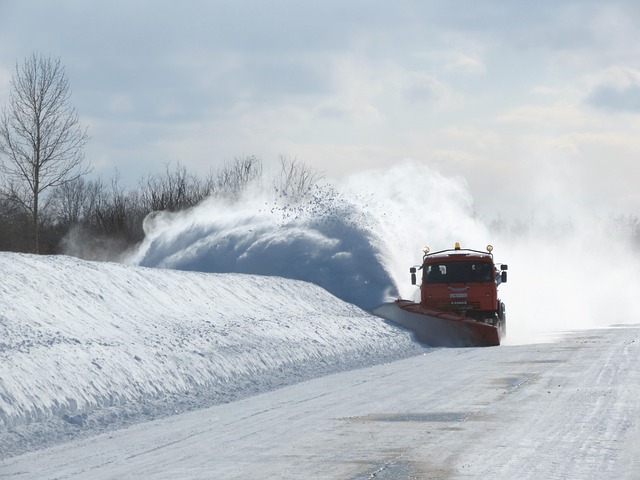Adverse weather during construction
Where there is a delay to a construction project which impacts on the completion date, and that delay was not caused by the contractor, it may constitute a relevant event (or compensation event), for which the contractor may be entitled to an extension of time and in some cases loss and expense.
Some contracts list exceptionally adverse weather conditions as one such event. Even if it is not specifically mentioned however, it may still qualify as a neutral matter (not caused by the employer or the contractor) that adversely affects the completion date.
The question then is what constitutes exceptionally adverse weather, rather than general adverse weather that the contractor should have allowed for in their price. Unhelpfully, contracts do not always define the term (for example JCT contracts), leaving it to the discretion of the contract administrator, and so opening up a potential source of dispute.
Where it is defined, it tends to be weather that is exceptionally adverse for that time and location. NEC contacts state that this is where the weather over a calendar month has occurred on average less frequently than once in ten years. This means that a short period of poor weather is unlikely to qualify, and that if poor weather crosses two calendar months it may not qualify even if it has lasted for a considerable time. The location and types of weather to be measured should be set out in the Contract Data.
Generally, information should be collected from a weather station close to the site (from which historical records are available), or on site and compared with met office data. This may include information such as; the amount and duration of rainfall, air temperature and duration, volume and duration of lying snow, wind speed and so on, depending on the nature of the works.
It is likely that this approach would also be accepted on projects using forms of contract in which there is no definition.
Even where exceptionally adverse weather is defined in the contract and can be shown to have occurred, it must still be proven that this was the cause of a delay and on some forms of contract, that the contractor has used their best endeavours to mitigate any delay. Again, this is a potential source of dispute, and so good record keeping is necessary, and the correct procedures of notification must be followed.
[edit] Related articles on Designing Buildings
Featured articles and news
Infrastructure that connect the physical and digital domains.
Harnessing robotics and AI in challenging environments
The key to nuclear decommissioning and fusion engineering.
BSRIA announces Lisa Ashworth as new CEO
Tasked with furthering BSRIA’s impressive growth ambitions.
Public buildings get half a million energy efficiency boost
£557 million to switch to cleaner heating and save on energy.
CIOB launches pre-election manifesto
Outlining potential future policies for the next government.
Grenfell Tower Inquiry announcement
Phase 2 hearings come to a close and the final report due in September.
Progress from Parts L, F and O: A whitepaper, one year on.
A replicated study to understand the opinion of practitioners.
ECA announces new president 2024
Electrical engineer and business leader Stuart Smith.
A distinct type of countryside that should be celebrated.
Should Part O be extended to existing buildings?
EAC brands heatwave adaptation a missed opportunity.
Definition of Statutory in workplace and facilities management
Established by IWFM, BESA, CIBSE and BSRIA.
Tackling the transition from traditional heating systems
59% lack the necessary information and confidence to switch.
The general election and the construction industry
As PM, Rishi Sunak announces July 4 date for an election.
Eco apprenticeships continue help grow green workforce
A year after being recognised at the King's coronation.
Permitted development rights for agricultural buildings
The changes coming into effect as of May 21, 2024.






















